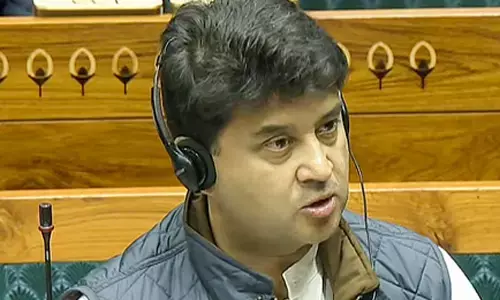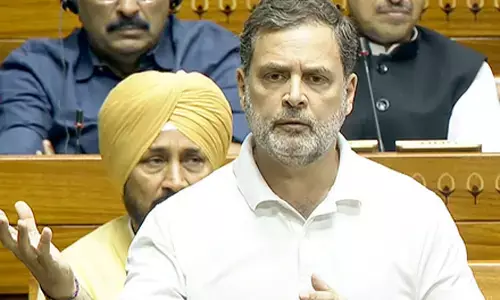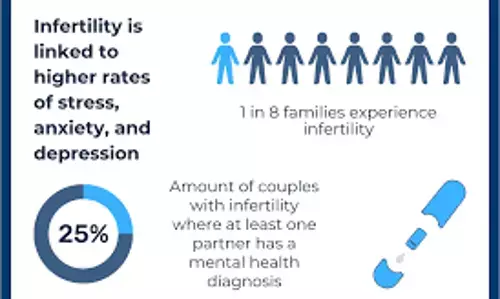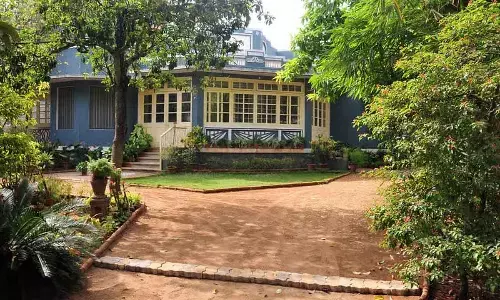Growing Indian alphonso mangoes with hot water

India\'s prized Alphonso mangoes will be treated with \"hot water\" as part of procedures to remove any contaminants like fruit flies before being exported to Europe, especially Britain, where they have a large market, a top EU trade official said.
India's prized Alphonso mangoes will be treated with "hot water" as part of procedures to remove any contaminants like fruit flies before being exported to Europe, especially Britain, where they have a large market, a top EU trade official said.
Maurizio Cellini, First Counsellor, Head of Trade and Economic Affairs team of the European Union to India, has opined that among the procedures India has to abide by to export mangoes to the 28-member bloc is of treating fruit with hot water. Cellini also said that while the mango has been allowed for export, the ban on four other Indian products - eggplant, bitter gourd (karela), taro plant (arbi) and snake gourd (chichinda) - has not been lifted.
The EU had last May slapped a ban on the Indian mango and the vegetables following concerns over contamination, mainly from non-European fruit flies. The European Commission voted to lift the ban on Indian mangoes in late January and the final decision was taken on Valentine's Day Feb 14.
Cellini said a number of controls have been put in place by India, including some conditions for the packaging.
"There has been a commitment by India to treat mangoes with hot water, which was an additional requirement which is apparently important in order to guarantee that the products are free of contaminants like mosquitoes, insects which may come with the fruit," Cellini said. "I know that Indian mangoes are very popular in Britain, so there will be strong export to Britain; other European countries import mangoes from Africa and Brazil," he added.
Regarding the other four vegetables, he said India has not been able to provide the necessary guarantees yet that the packaging and treatment would be done in a way to eliminate the insects.
"Our experts came to India and made an inspection a few months ago. The result of the inspection was that things were making progress for the mango but for the other products they were not there at the right point," he added.
On the dragging India-EU free trade agreement negotiations that have been going on since 2007 but are stuck on certain niggling issues, Cellini said that EU is fully committed to negotiations and if completed "it would be a boost to the European Union and to India alike.
"There are some difficult points still to discuss and we need to get back to the table and see whether India is willing to consider certain sensitive points of the negotiation which for the EU are important.
"If we see positive signals, I'm sure the negotiations can continue and we are hoping to reach a mutually satisfactory solution in a short time," he added.
The negotiations are stuck over the EU demand for duty cut on European automobiles, auto components and wines and spirits. India has been asking for greater access to the European markets, mainly the UK and Germany for its professionals.
Cellini also said the EU can contribute to the Narendra Modi government's initiatives like Make in India, Smart Cities, infrastructure and renewable energy.
By: Ranjana Narayan








